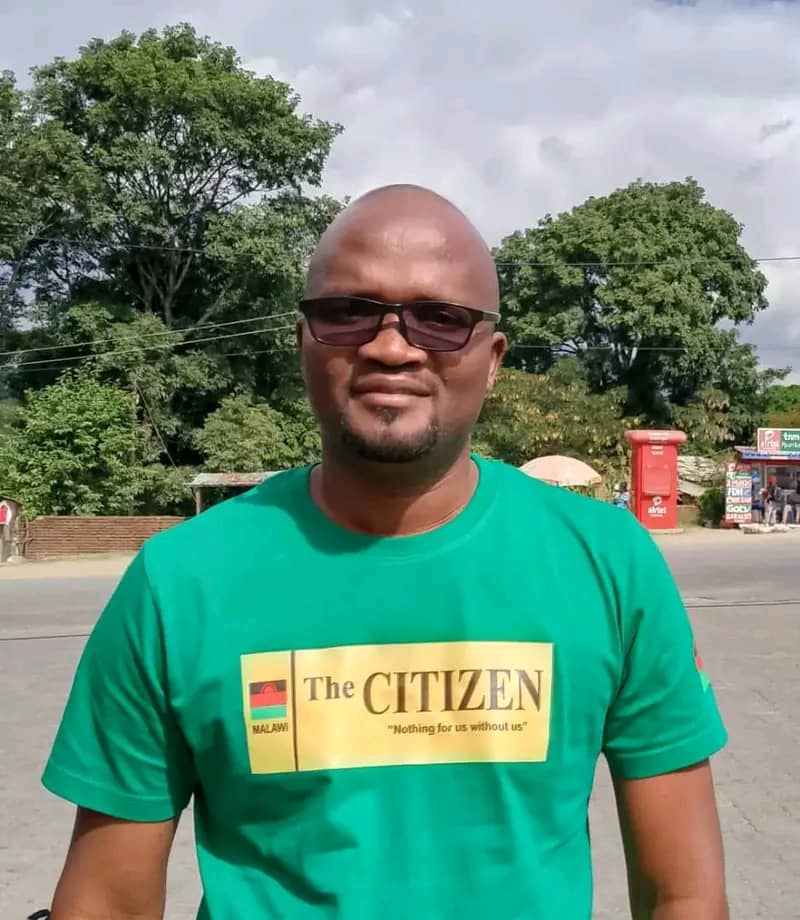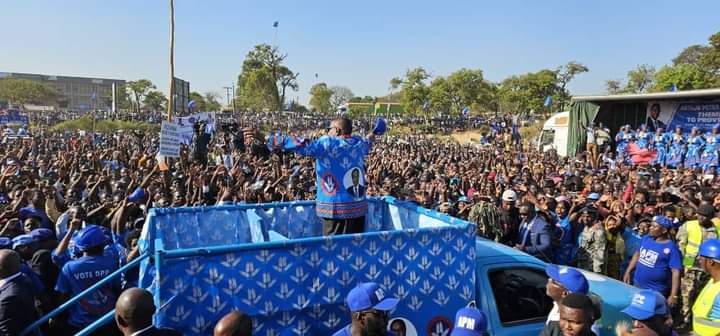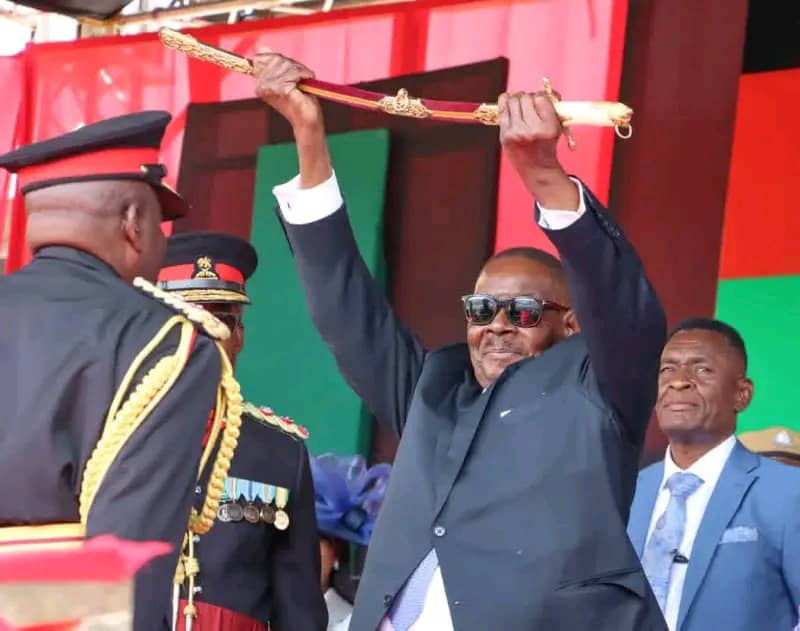By Burnett Munthali
The recent interview with Comrade Edwards Kambanje, a leading voice within Malawi’s Concerned Citizens, underscores a rising wave of dissatisfaction with the leadership of Dr. Anabel Mtalimanja, Chairperson of the Malawi Electoral Commission (MEC). Civil society groups and opposition voices alike have begun to rally around calls for Dr. Mtalimanja’s resignation, citing allegations of partisanship, lack of transparency, and controversial decision-making in her role overseeing electoral processes. This analysis unpacks Kambanje’s critique and examines what these concerns could mean for Malawi’s electoral integrity as the nation approaches a pivotal election period.
Allegations of political bias and public distrust
A cornerstone of Kambanje’s critique is Dr. Mtalimanja’s perceived alignment with the ruling Malawi Congress Party (MCP). He contends that her apparent partisan tendencies cast significant doubt on her impartiality, a quality essential for MEC’s mandate to uphold democratic principles. With public trust already fragile, Kambanje warns that a partisan-leaning MEC may cast doubt on future electoral outcomes, leaving many Malawians to question the fairness and credibility of their votes. This distrust, if left unaddressed, poses a serious risk to the democratic fabric of Malawi, especially in the lead-up to critical upcoming elections.
Leadership style and public perception
Kambanje’s assessment of Dr. Mtalimanja’s leadership style is similarly damning, describing her as “detached and arrogant.” He points to her evasive response during a recent interview with Zodiak as a troubling sign of her reluctance to engage with public concerns. For Kambanje, this aloofness not only alienates civil society and the citizenry but also threatens MEC’s accountability and transparency—two essential pillars for any democratic institution. A failure to connect meaningfully with the public may further distance the electoral body from the very people it is meant to serve.
Controversy surrounding Smartmatic Voting Machines
Another focal point of contention is Dr. Mtalimanja’s decision to introduce Smartmatic voting technology, a move Kambanje argues comes with serious risks. Smartmatic systems have faced scrutiny internationally, with allegations of irregularities and manipulation casting doubt on their reliability. Kambanje advocates for a return to a manual, verifiable voting system that he believes would better resonate with Malawians’ desire for transparency and confidence in their electoral process. In pushing for this shift, Kambanje aligns with broader calls from citizens who demand an election system they can understand and trust.
The call for Dr. Kachale’s return
As a counterpoint to his criticism of Dr. Mtalimanja, Kambanje proposes an alternative: the return of former MEC Chair Dr. Kachale. Remembered for his integrity and crisis management skills, Dr. Kachale’s tenure was marked by openness and a commitment to transparency—qualities Kambanje sees as desperately needed in today’s MEC leadership. To Kambanje and others in Concerned Citizens, Dr. Kachale represents a leader who could restore public trust, especially during this heightened period of political tension.
A call for reforms and accountability
In addition to urging Dr. Mtalimanja’s resignation, Kambanje advocates for substantial reforms within MEC, aiming to rebuild the institution’s eroded credibility. He envisions an independent review of MEC’s processes, including voter registration and technology procurement, to reassure Malawians that MEC is genuinely committed to fairness. Such reforms, he argues, would signal to the public that the electoral commission values democratic principles over political interests.
Mobilizing for change
If MEC fails to respond to these mounting concerns, Kambanje notes that Concerned Citizens is prepared to take action. Potential strategies include peaceful protests, legal challenges, and further collaboration with civil society groups, reflecting the depth of public dissatisfaction with the current MEC leadership. The demand for Dr. Mtalimanja’s resignation has, in effect, become a rallying point for a larger movement advocating for credible elections free from political interference.
Implications for Malawi’s democracy
Kambanje’s interview is a revealing glimpse into the frustrations of Malawians who feel MEC has deviated from its mandate of neutrality. The concerns he raises strike at the heart of democratic governance: transparency, impartiality, and the right of citizens to trust their electoral body. In a democracy, public confidence is paramount, and when that trust falters, even the strongest institutions are at risk of collapse. With elections on the horizon, the call for reform at MEC could prove decisive in shaping Malawi’s political future.
Conclusion
The growing demand for Dr. Mtalimanja’s resignation reflects a deeper desire for a fair and accountable electoral system in Malawi. As Kambanje’s critique reveals, the issues with MEC extend beyond mere technology and personalities; they touch on the institution’s ability to uphold democratic values in the face of perceived political pressure. As the electoral clock ticks, Malawians—and indeed the international community—will be watching closely to see how MEC responds to these calls for meaningful change.




